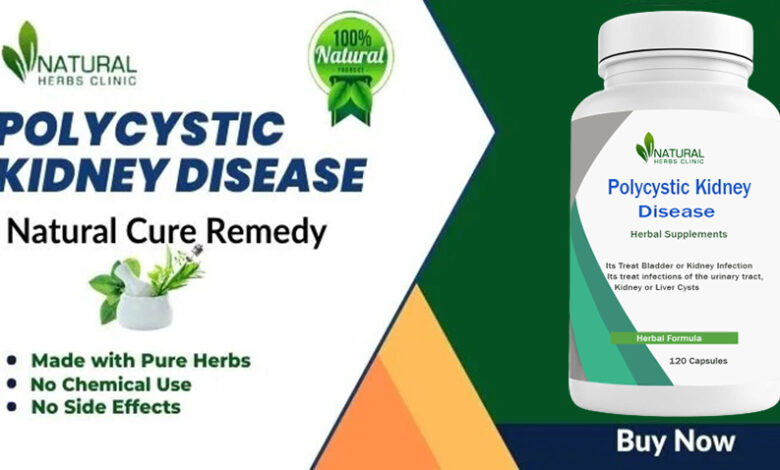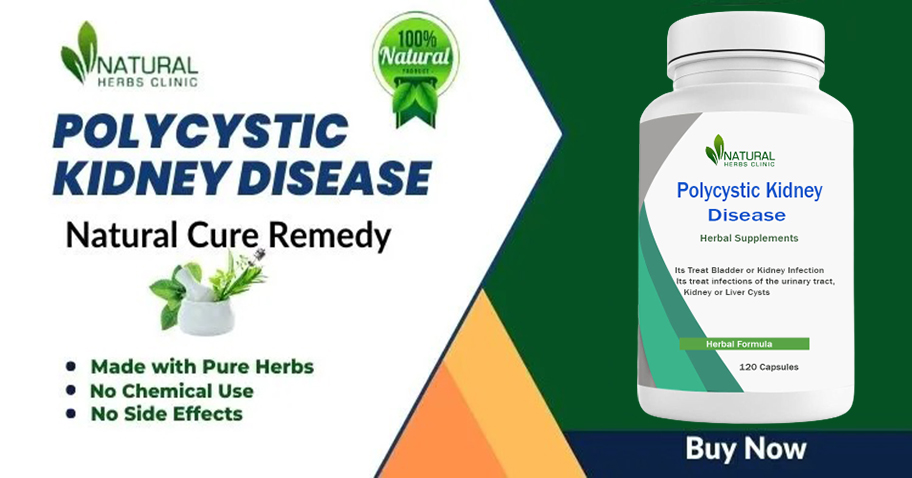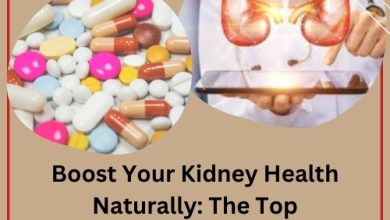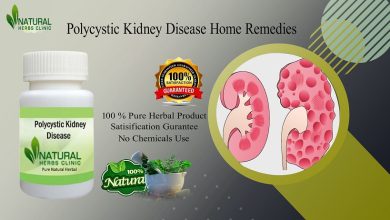Polycystic Kidney Disease Home Treatments Get the Best Cure

Polycystic Kidney Disease Home Treatments is very helpful to treat the kidney condition naturally without any side effects.

Polycystic Kidney Disease
A genetic condition known as polycystic kidney disease (PKD) results in the growth and multiplication of many cysts in the kidneys. This may ultimately result in consequences like renal failure.
Causes
Although the precise aetiology of PKD is unknown, doctors think a mix of genetic and environmental factors is to blame. Autosomal dominant PKD (ADPKD) and autosomal recessive PKD (ARPKD) are the two primary subtypes of PKD. The most typical form, ADPKD, is brought on when one parent has the illness. Less frequently, ARPKD develops when both parents have the disease. Since there is no cure for PKD, Polycystic Kidney Disease Home Treatments focuses on symptom management, pain management, and delaying the disease’s course.
Common Symptoms of Polycystic Kidney Disease
- Abdominal Pain: Many individuals with PKD experience dull or sharp pain in the abdomen, often caused by the enlargement of cysts.
- High Blood Pressure: Hypertension is a common symptom and complication of PKD, as the cysts can disrupt normal kidney function.
- Frequent Urination: PKD can lead to frequent urination, especially at night, as the kidneys struggle to filter waste and excess fluid.
- Blood in Urine: Hematuria, or blood in the urine, is another symptom that can occur due to the pressure exerted by cysts on the renal tissue.
- Kidney Stones: Cysts can obstruct the urinary tract, leading to the formation of kidney stones, which can be painful.
- Back Pain: The growth of cysts can cause pressure on the back, leading to persistent back pain.
- Headaches: High blood pressure associated with PKD can trigger headaches and migraines.
- Kidney Infections: Cysts can create pockets where bacteria can multiply, increasing the risk of kidney infections.
- Liver Cysts: Some individuals with PKD may also develop cysts in the liver, leading to hepatomegaly (enlarged liver).
- Hernias: Weakened abdominal muscles due to cyst growth can result in hernias in some cases.
Diagnosing Polycystic Kidney Disease
If you or a loved one are experiencing these symptoms, it is crucial to seek medical attention promptly. A healthcare provider will conduct various tests, including:
- Ultrasound: This imaging test can visualize the cysts and determine their size and location.
- CT Scan: Computed Tomography scans provide detailed images of the kidneys and cysts, helping with diagnosis.
- MRI: Magnetic Resonance Imaging can be used to assess kidney function and identify any complications.
- Genetic Testing: Genetic testing can confirm the presence of specific gene mutations associated with PKD.
Treatment Options for Polycystic Kidney Disease
While there is no cure for PKD, several Polycystic Kidney Disease Home Treatments options are available to manage the symptoms and complications:
- Blood Pressure Medications: Controlling hypertension is crucial to prevent further kidney damage. Medications like ACE inhibitors or angiotensin II receptor blockers are commonly prescribed.
- Pain Management: Over-the-counter pain relievers or prescription medications may be used to alleviate pain and discomfort.
- Dietary Changes: Reducing salt intake and maintaining a healthy diet can help manage blood pressure and kidney function.
- Cyst Drainage: In some cases, cysts may be drained to relieve pain and discomfort.
- Kidney Stone Treatment: Procedures such as lithotripsy may be necessary to break down kidney stones.
- Dialysis: In advanced cases where kidney function significantly deteriorates, dialysis may be required to filter waste and excess fluid from the blood.
- Kidney Transplant: For end-stage PKD, a kidney transplant may be the best option to restore kidney function.
Polycystic Kidney Disease Home Treatments
Polycystic Kidney Disease Home Treatments entails a change in lifestyle, including a nutritious diet, regular exercise, drinking lots of water, and abstaining from alcohol, caffeine, and smoking. Herbal medicines, vitamins, supplements, acupuncture, massage therapy, and yoga are some more all-natural PKD treatments. Natural remedies can ease PKD symptoms and halt the disease’s progression.
There are some herbal ingredients that can use for Herbal Treatment For Polycystic Kidney Disease that can helpful in complete recovery of the condition.
Celery Seed
Celery seed is one of the Natural Remedies for Polycystic Kidney Disease. It helps to reduce swelling, reduce the risk of kidney stones, and has diuretic properties that help to flush out toxins. Additionally, celery seed has anti-inflammatory and antioxidant properties that can help support kidney health.
Celery seeds can be consumed orally as a supplement or as an addition to drinks by people with polycystic kidney disease. It may be consumed as a snack or included in meals. The benefits of celery seed on kidney health have not been thoroughly studied, therefore it’s crucial to remember that before using any herbal supplements as Polycystic Kidney Disease Home Treatments, you should consult a healthcare professional.
Parsley
Parsley is a widely used herb that is also gaining attention as a potential natural remedy for polycystic kidney disease. Parsley has a variety of beneficial compounds and nutrients, including vitamin A, B-complex vitamins, flavonoids, and essential oils. This herb is thought to improve renal function and reduce inflammation, making it a promising Polycystic Kidney Disease Natural Treatment. Studies suggest that parsley may help reduce pain and swelling associated with the disease, as well as promote overall kidney health. For best results, add a few tablespoons of freshly chopped parsley to your diet every day. It can also be taken as a tea or a supplement.




